China, Tanzania cooperate on schistosomiasis elimination
On Pemba Island in Zanzibar, Tanzania, 60-year-old Salai Mohammed carries a stack of basins labeled "Chinese aid" in one hand, and holds leaflets about the control of schistosomiasis in the other. He is busily loading a vehicle with his Chinese "comrades" to prepare for an afternoon of introducing disease control to the local community, which has been heavily affected by schistosomiasis.
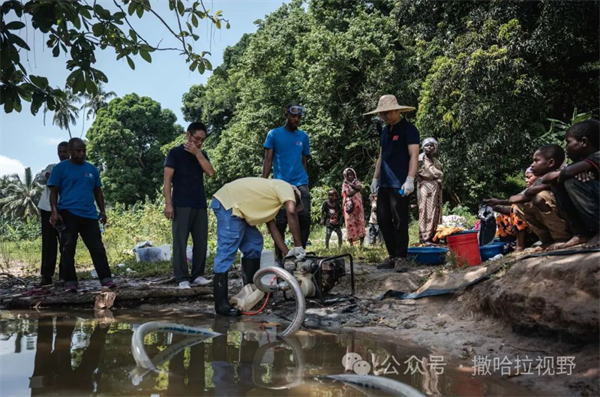
To attract more participants to attend such lectures on schistosomiasis, the prevention and control team distributes daily necessities such as basins and canvas bags with the leaflets to local residents.
"There's no way around it. Poverty haunts here. Compared with the prevention of schistosomiasis, people here are more concerned about what they'll have for the next meal," said Salai, resignedly.
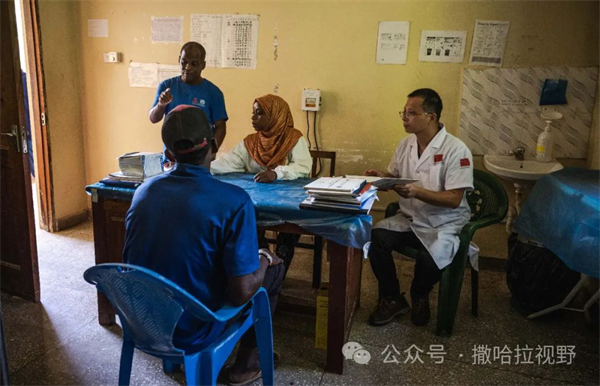
Pemba Island is the second-largest island in Zanzibar, with an area of about 900 square kilometers and a population of nearly 600,000 residents. Though it's a beautiful place, it was once a hyper-endemic area of schistosomiasis. In 1986, with funding from the World Health Organization (WHO), the first schistosomiasis control project was initiated on the island, with Salai, a new graduate, becoming an officer of Zanzibar health department specifically for the project.
Initially, due to limited funds, Salai had to work on his own. Every time he visited the communities, he would take urine test cups, praziquantel, drugs for curing schistosomiasis, and such tools as maps, paper and pens. Additionally, he would carry a hoe and rope to protect himself against cuts from wild grasses or potential animal attacks. Sometimes, Salai had to assist residents in reinforcing the ropes of their wells to earn their trust.
"Back then, few people on the island had heard of this disease, so I had to introduce the disease to them from door to door every day. I cried many times through exhaustion and frustration, but the next day, I carried on," Salai recalled. Now, he has become the head of the Tropical Disease Prevention Office on Pemba Island, and along his path to eliminate schistosomiasis, he has been backed by reliable Chinese partners.
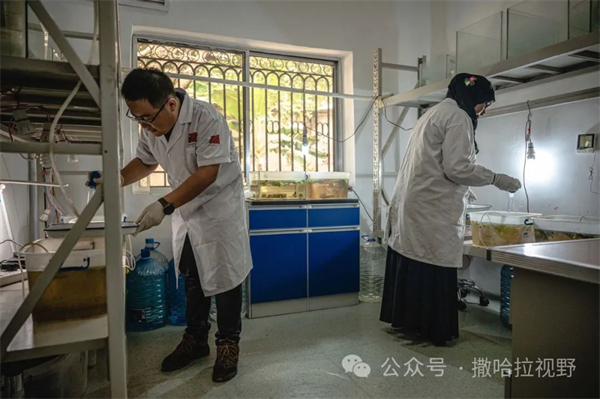
In 2014, China signed a memorandum of understanding on the prevention and treatment of schistosomiasis in Zanzibar at the World Health Assembly, pledging to provide financial and technical support for Tanzania in that regard. In 2017, the first batch of experts from the Jiangsu Institute of Parasitic Diseases of China was dispatched to Pemba Island to help local people fight the disease. To date, 34 experts have been dispatched to carry out schistosomiasis control work on the island.
The second phase of the China-Zanzibar schistosomiasis control and elimination project commenced in September 2023. Huang Yuzheng, leader of the expert team, emphasized that "the control and prevention of schistosomiasis is not only about treatment, but requires a multifaceted approach including health education, information technology, and integrated management, in a bid to control the disease at its source."
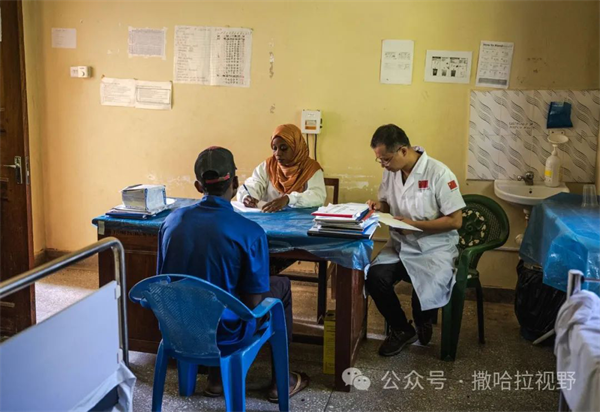
Inspired by the comprehensive control approach proposed by Chinese experts, Salai took active actions, including learning from the Chinese experts, communicating with his local colleagues, persuading community residents to take the medication voluntarily, broadcasting disease prevention animations in schools, and translating prevention banners into Swahili.
Today, the Zanzibar schistosomiasis prevention project has helped reduce the local incidence of the disease from 8.92 percent to 0.64 percent. Salai believes that, to eliminate schistosomiasis completely, the office needs to conduct closer cooperation with the departments of water resources, agriculture, environmental protection and education, ensure that residents have access to clean drinking water and children take deworming medications regularly, and prevent residents from washing clothes, swimming, and playing in ponds.
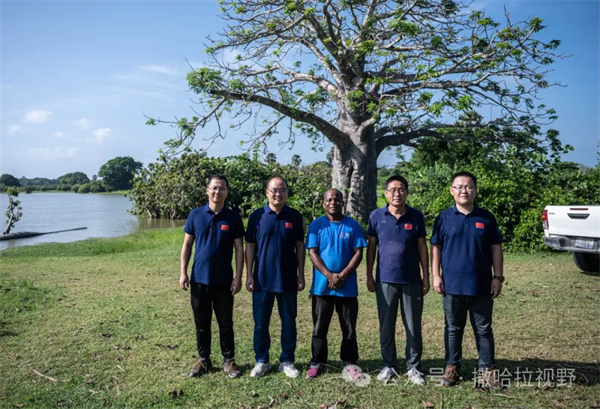
On the path to eliminate schistosomiasis, Salai is no longer walking alone.

Follow us on WeChat
京ICP备18041594号-1
京公网安备 11010202005508号

Follow us on WeChat


